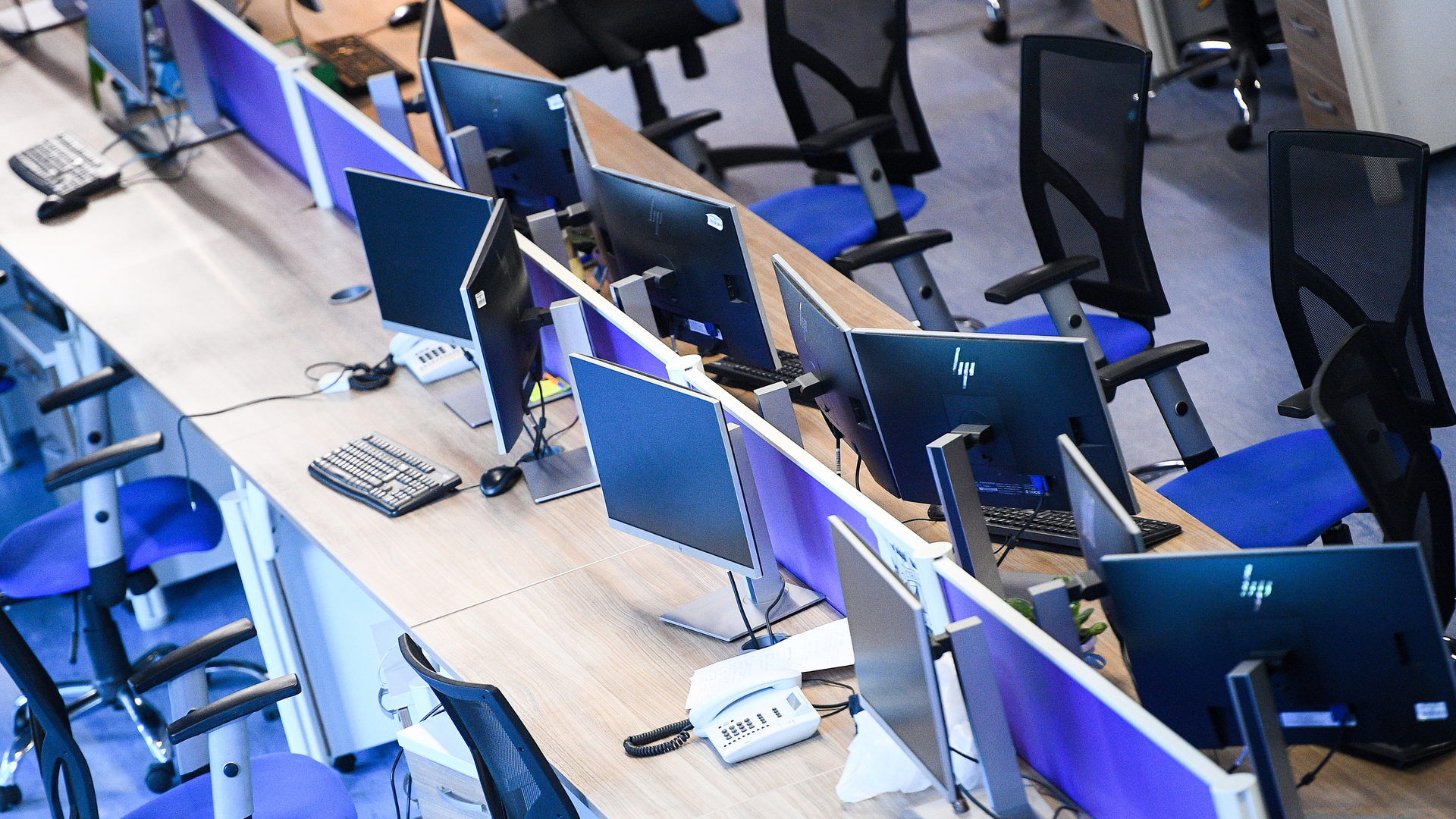The transition of some employees of Russian enterprises to remote work can change the formation of housing prices in large cities of the country. Experts from the Realiste real estate selection service told RT about this.
“In the next ten years, largely due to remote work, the value of real estate in large Russian cities will be redistributed by at least 5 trillion rubles. Apartments in the central districts of cities will fall in price, but in dormitories and remote ones, on the contrary, they will rise in price, "said Alexey Galtsev, founder of Realiste, in a conversation with RT.
According to him, the value of real estate largely depends on transport accessibility and proximity to the city center. However, with a massive transition of citizens to distance employment, these factors cease to play a decisive role in the process of choosing an apartment. As a result, the demand for real estate in remote areas of Russian cities is increasing.
“Prices in different regions will not be equal, but prices will converge. Now the difference in cost between apartments in the center and residential areas is up to 70%, but this figure can be reduced on average by half - up to 35%. This process will take place in almost all cities of Russia with a population of over 400 thousand people, ”Galtsev added.
In recent years, many Russian companies have increasingly shown interest in transferring employees to teleworking. However, the trend has increased markedly after the introduction of a self-isolation regime in connection with the coronavirus pandemic. This was told to RT by Pavel Sigal, vice president of the all-Russian public organization of small and medium-sized businesses "Support of Russia".
“The growth in the number of remote workplaces is a trend in recent years: the development of technology enables people to work anywhere in the country and in any company, regardless of distance. More and more jobs appear in the economy, for the organization of which only computer equipment and specialists are needed to perform specific tasks, ”explained Sigal.
As the expert emphasized, even after the withdrawal of the self-isolation regime, a significant part of the companies will continue to work in a remote format. According to the latest poll by VTsIOM and the National Agency for the Development of Qualifications, at the moment 44% of enterprises still maintain a remote mode of work for their employees.
“In addition, the increase in the number of remote workplaces significantly reduces the costs of business for renting offices, paying for utilities. Depending on the field of activity, the introduction of "remote" can reduce costs by 20-80%. Managers and merchants, as well as IT structures, consulting, realtors can work in the “home office” system, ”added Pavel Sigal.
- © Evgeny Odinokov / RIA Novosti
The process of real estate price redistribution in Russia can be accelerated due to the introduction of a preferential mortgage program at 6.5% per annum, says Alexey Galtsev. Such a mortgage loan can only be obtained when buying a new home, which encourages Russians to buy apartments in remote areas of cities.
“Active development is taking place in the suburbs and outskirts of large Russian cities. Accordingly, the supply is growing. As a result, people will be even more willing to buy relatively inexpensive housing under very profitable mortgage programs, ”the expert explained.
Recall that the authorities launched a preferential mortgage program at a rate of 6.5% per annum in April. Until November 1, 2020, citizens can apply for loans with the appropriate rate for the purchase of apartments worth up to 12 million rubles in Moscow and St. Petersburg agglomerations, as well as up to 6 million rubles in other regions of the country.
In total, Russian banks have already issued more than 130 thousand loans at a reduced rate for the amount of almost 362 billion rubles. In total, Russians have submitted about 500 thousand applications for a preferential mortgage. This was announced on August 24 by the general director of DOM.RF, Vitaly Mutko.
As Russian Prime Minister Mikhail Mishustin said earlier, since its launch, "the program has become one of the most successful tools to support both real estate buyers and the construction industry during the fight against coronavirus." At the same time, as noted by the head of the Cabinet of Ministers, in the fall, the authorities may extend the program.

